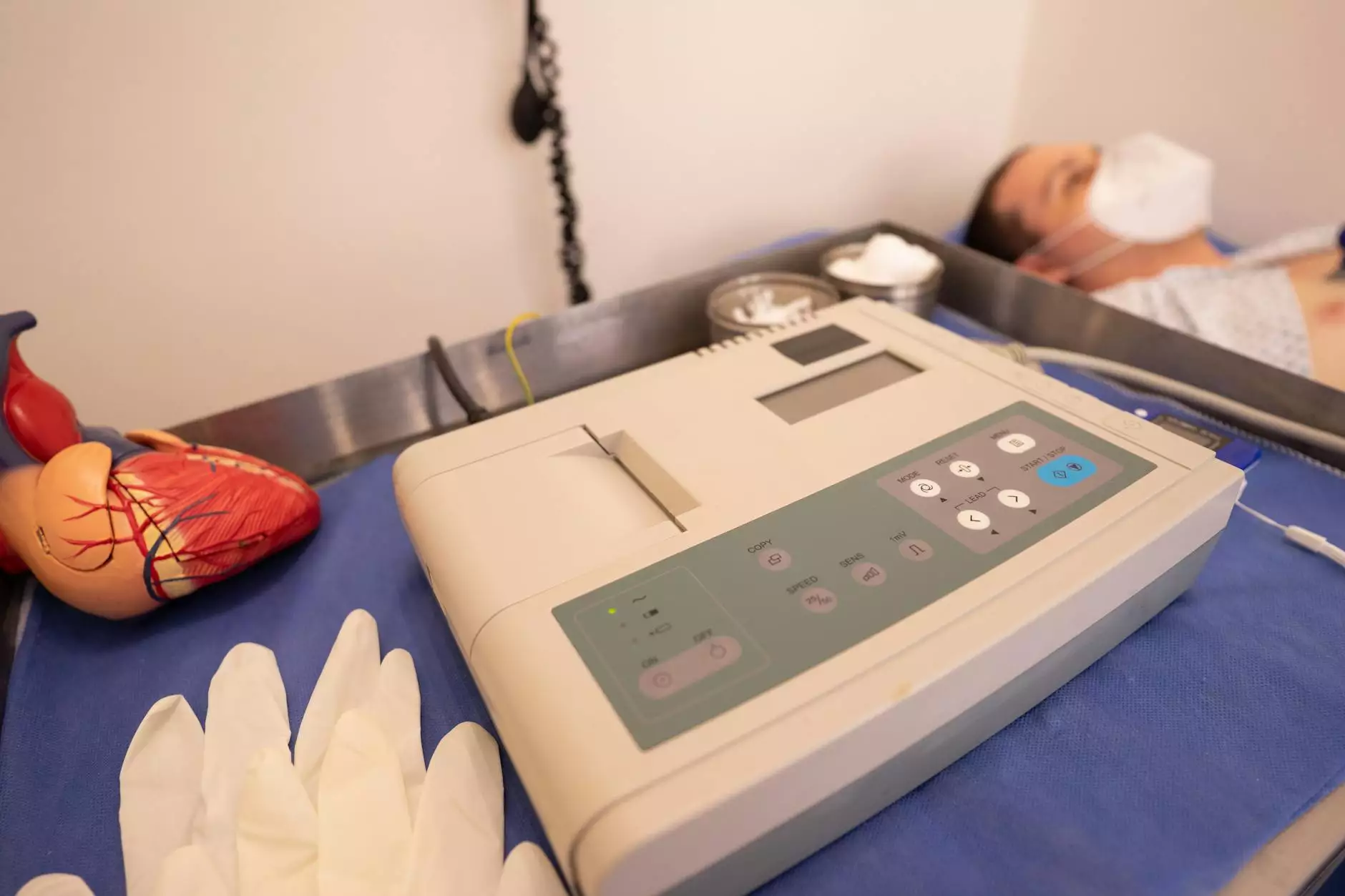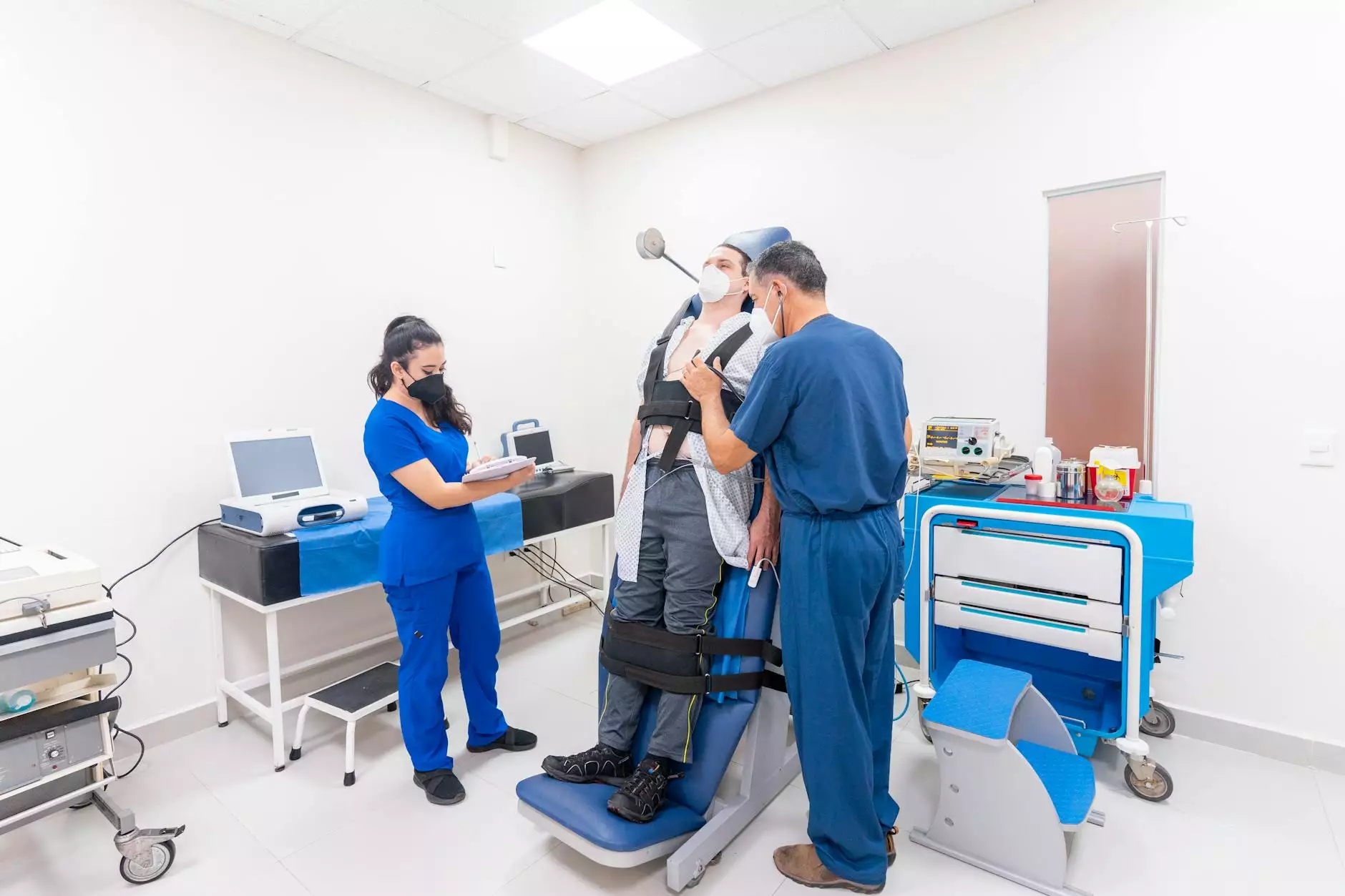5 Risk Factors for Heart Attacks

Heart attacks are a serious health concern that can lead to life-threatening situations. It is crucial to understand the risk factors associated with heart attacks in order to prevent them. At Bay Regional Medical Center, we prioritize your heart health and are committed to providing comprehensive care, education, and support. Below are the 5 main risk factors for heart attacks:
1. High Blood Pressure
High blood pressure, also known as hypertension, is a significant risk factor for heart attacks. When your blood pressure is consistently high, it puts extra strain on your heart and blood vessels, increasing the likelihood of a heart attack. Regular monitoring of blood pressure levels and appropriate management, including lifestyle modifications and medication, can help reduce this risk.
2. High Cholesterol
Elevated levels of bad cholesterol (LDL) can contribute to the development of plaque in your arteries, leading to blockages that can trigger a heart attack. It is important to maintain healthy cholesterol levels through a balanced diet, regular exercise, and, if necessary, medication prescribed by your healthcare provider.
3. Smoking
Smoking is a major risk factor for heart attacks. The chemicals present in tobacco smoke damage your blood vessels and can cause plaque build-up, increasing the chances of a heart attack. Quitting smoking is one of the most effective ways to reduce this risk and improve overall heart health.
4. Diabetes
People with diabetes are more likely to develop heart disease and experience heart attacks. High blood sugar levels can damage blood vessels and nerves that control the heart, leading to complications. Managing diabetes through medication, regular monitoring, a healthy diet, and exercise can help minimize this risk.
5. Obesity and Sedentary Lifestyle
Being overweight or obese puts strain on your heart and increases the risk of heart attacks. Additionally, leading a sedentary lifestyle without regular physical activity contributes to unhealthy weight gain and poor cardiovascular health. Incorporating regular exercise, maintaining a healthy weight, and adopting an active lifestyle positively impact heart health and reduce the risk of heart attacks.
How Bay Regional Medical Center Can Help
At Bay Regional Medical Center, we are committed to preventing heart attacks and promoting heart health. Our experienced team of healthcare professionals offers comprehensive services and personalized care to help you reduce the risk factors mentioned above:
- Regular Health Screenings: We provide regular health screenings to monitor your blood pressure, cholesterol levels, and blood sugar.
- Cardiovascular Education: Our experts offer educational resources and counseling to help you make informed lifestyle choices and manage chronic conditions.
- Smoking Cessation Programs: We offer programs and support to help you quit smoking and improve your heart health.
- Diabetes Management: Our specialized diabetes management programs focus on controlling blood sugar levels and minimizing the risk of complications.
- Weight Management and Exercise Programs: Our team will guide you in developing a healthy diet plan and exercise regimen to achieve and maintain a healthy weight.
By addressing these risk factors and making positive changes in your lifestyle, you can significantly reduce the chances of experiencing a heart attack. Bay Regional Medical Center is dedicated to supporting you on your journey towards a healthier heart.
Contact us today to learn more about our cardiovascular services and how we can help you maintain optimal heart health.




